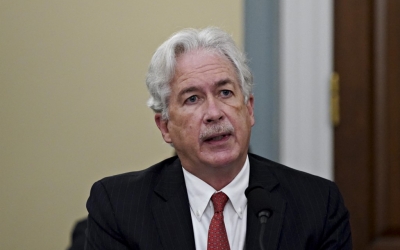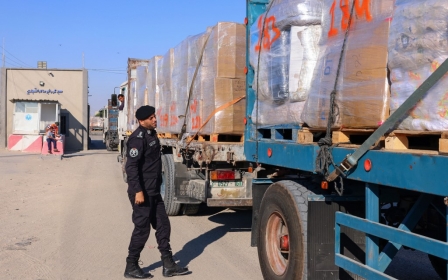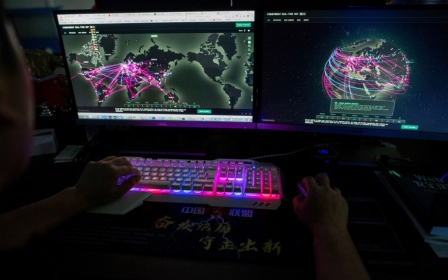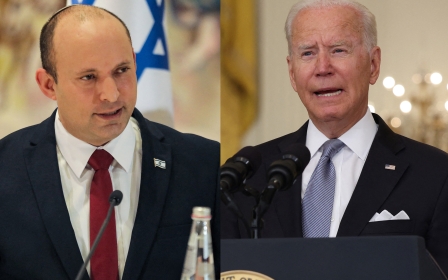CIA chief raised concerns to Israel over Chinese investment: Report
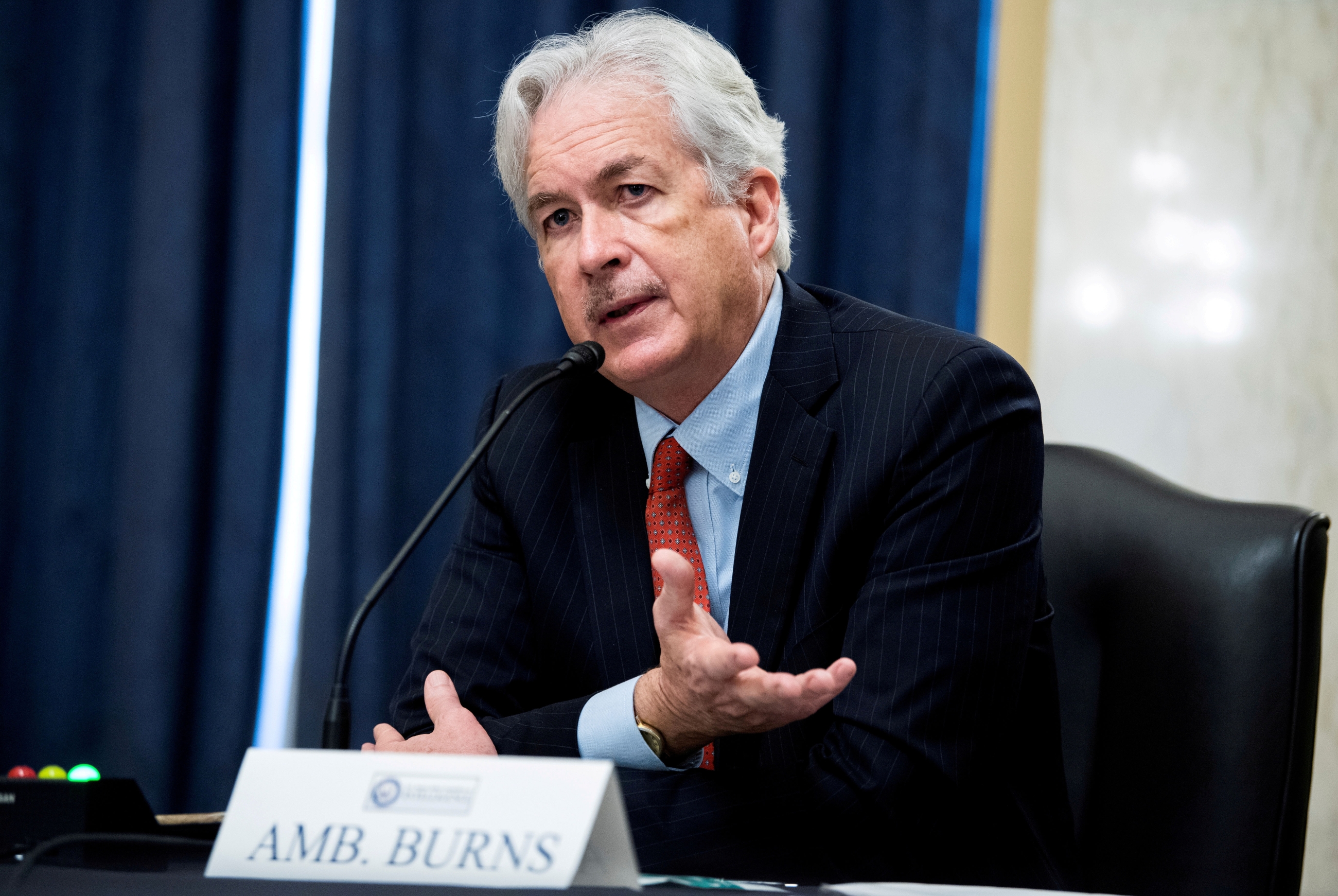
During his meeting with Israeli Prime Minister Naftali Bennett last week, CIA director Bill Burns raised US concerns over increasing Chinese investment and involvement in Israel, particularly in its tech and infrastructure sectors, according to a report by Axios.
"In recent months, we started a dialogue with the Biden administration on China. The US asked about specific projects like the Chinese involvement in the Tel Aviv metro," an Israeli official told the news site.
New MEE newsletter: Jerusalem Dispatch
Sign up to get the latest insights and analysis on Israel-Palestine, alongside Turkey Unpacked and other MEE newsletters
"We told the Americans we welcome US infrastructure companies to work on big projects in Israel, but they haven’t been applying for the tenders."
The remarks would mark the highest level in which the Biden administration has raised the issue of China to Israel, an issue that had also become apparent under the former Donald Trump administration.
During his trip to Israel, Burns also met with David Barnea, director of the Mossad intelligence agency, and Defence Minister Benny Gantz.
The White House and National Security Council referred Middle East Eye's request for comment to the CIA, which did not respond by the time of publication.
China's investment in Israel
Beijing's growing footprint in Israel has been a cause for concern for the US in recent years.
China has been developing a number of infrastructure projects in Israel, including water, ports and transport, as part of its Belt and Road Initiative (BRI) that stretches over 70 countries on the continents of Asia, Africa and Europe.
Since diplomatic relations between Israel and China were established in 1992, Israeli exports to China have increased to more than $4bn in 2019, with imports from China exceeding $10bn in 2019, according to World Bank data.
Between 2002 and 2020, the large majority of Chinese investments in Israel, 449 out of 463 deals, have been in the technology sector, according to the Institute for National Security Studies. Eight deals in that same period were in the infrastructure sector.
As a result of increased pressure from the US, Israel in 2019 set up a watchdog to regulate foreign investment into the country.
Last year, then-US Secretary of State Mike Pompeo called on Israeli officials to cease Chinese investments and partnerships in the country, claiming that it put “Israeli citizens at risk” and compromised intelligence sharing, communications and security issues between the US and Israel.
The Biden administration has underlined China as its chief threat to national security and has been working to shift its focus towards Beijing and Asia.
China's influence amongst traditional US allies has also been a point of contention shared by members of US Congress.
Earlier this year, the US Senate pushed legislation that aimed to counter Beijing's BRI campaign, including in the Middle East.
Middle East Eye delivers independent and unrivalled coverage and analysis of the Middle East, North Africa and beyond. To learn more about republishing this content and the associated fees, please fill out this form. More about MEE can be found here.


